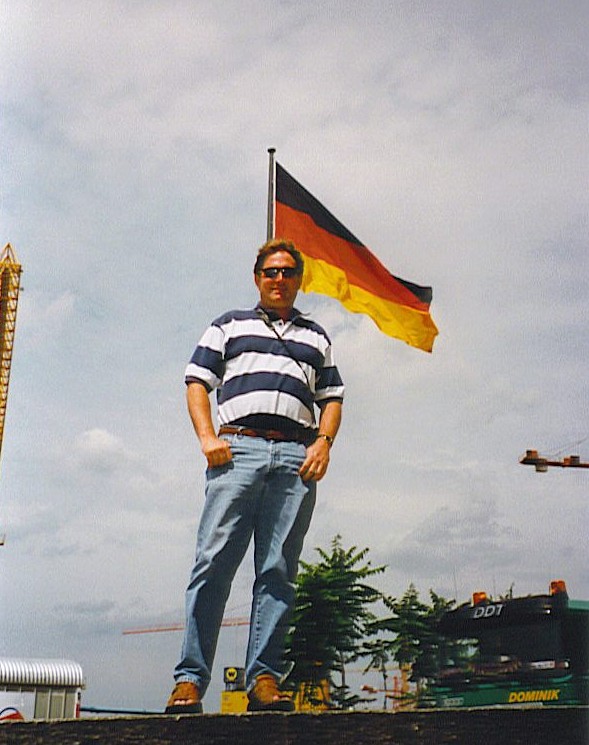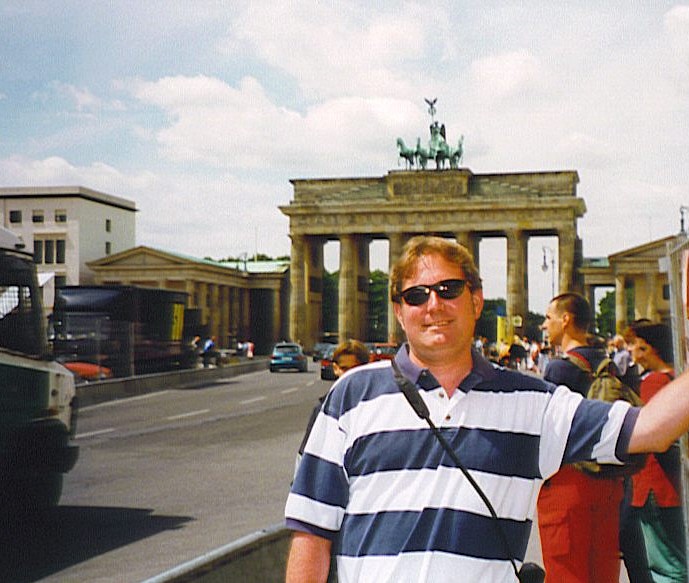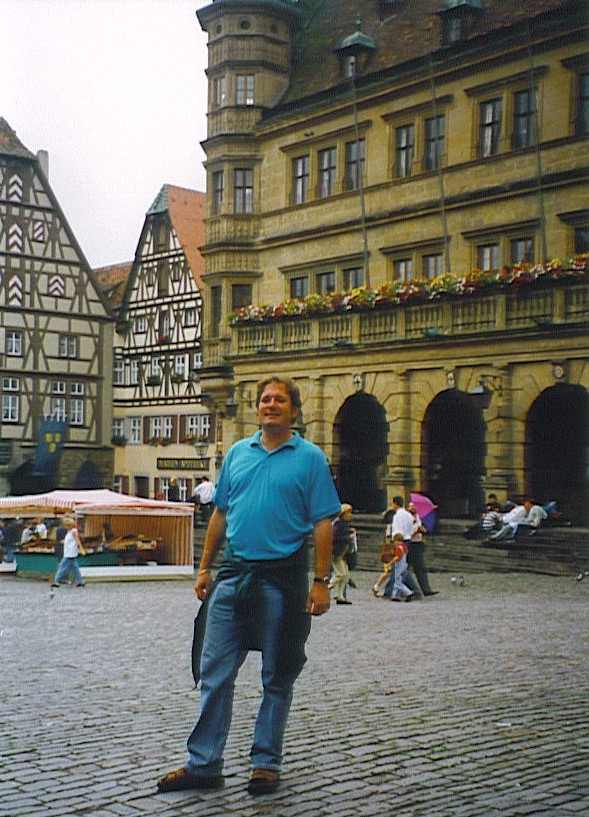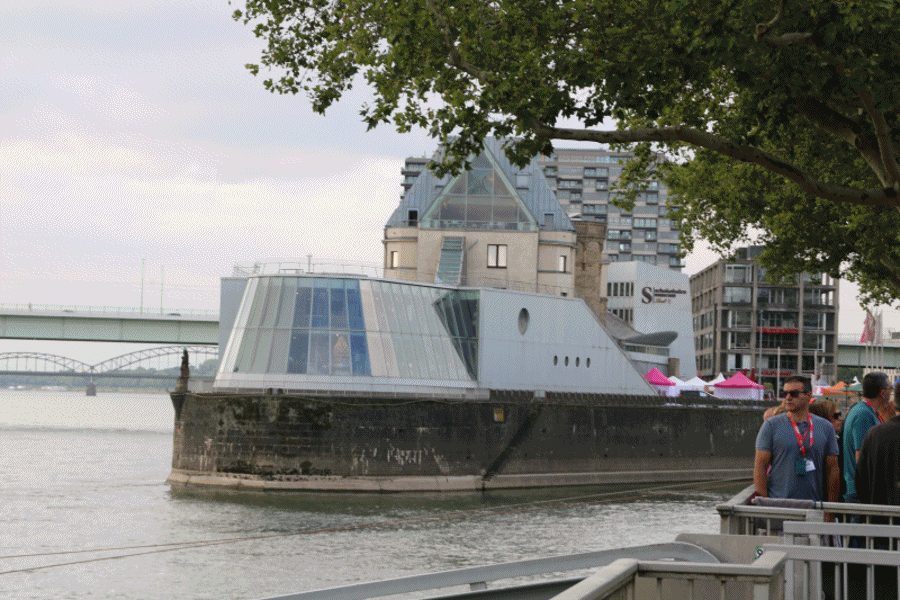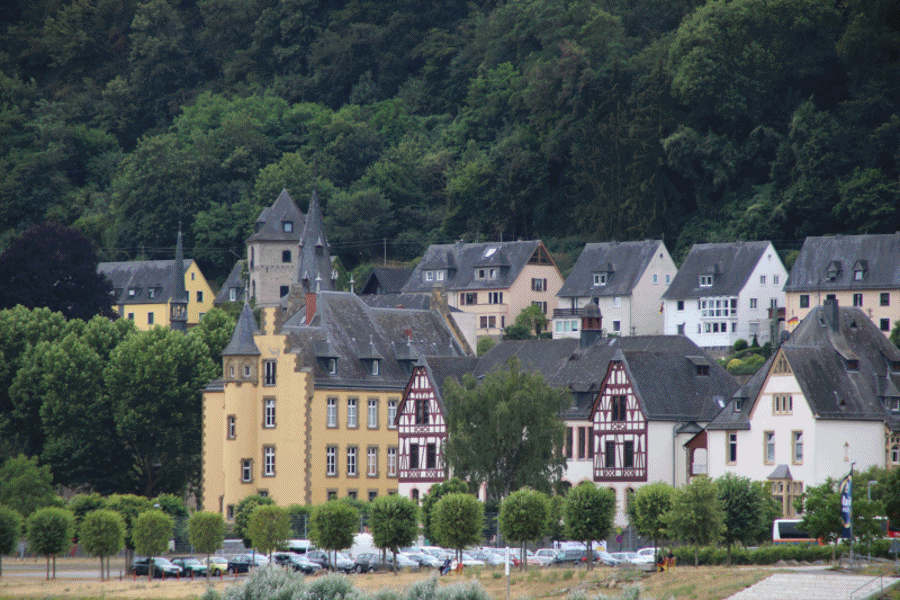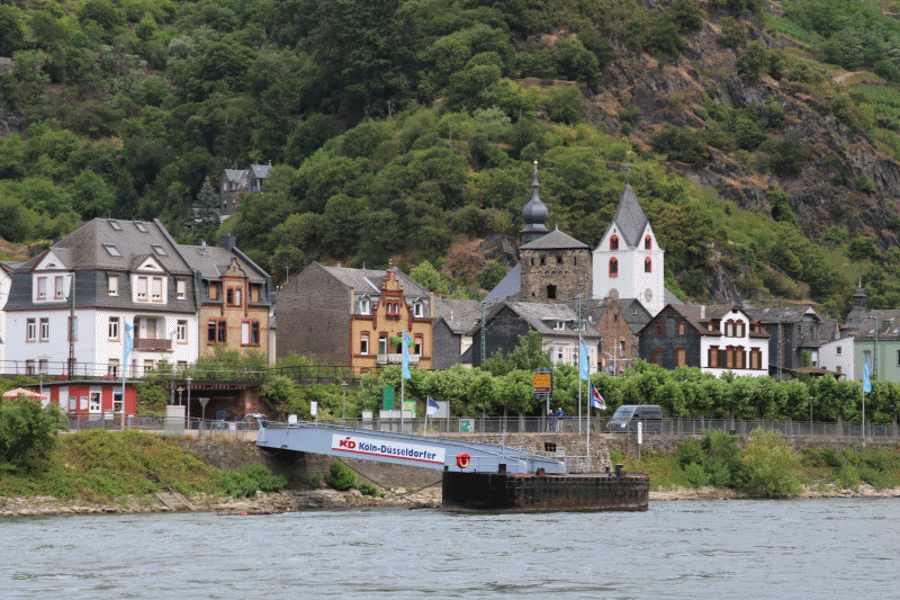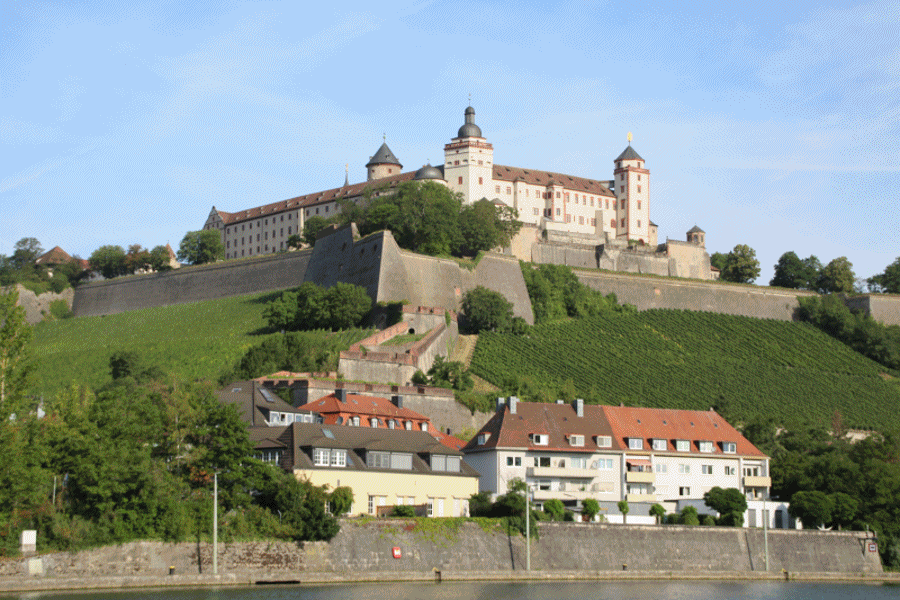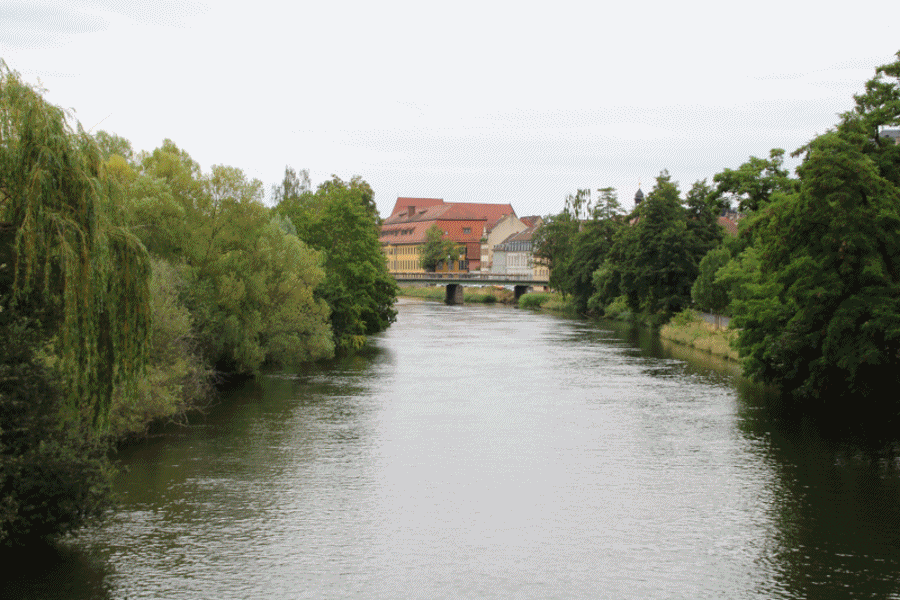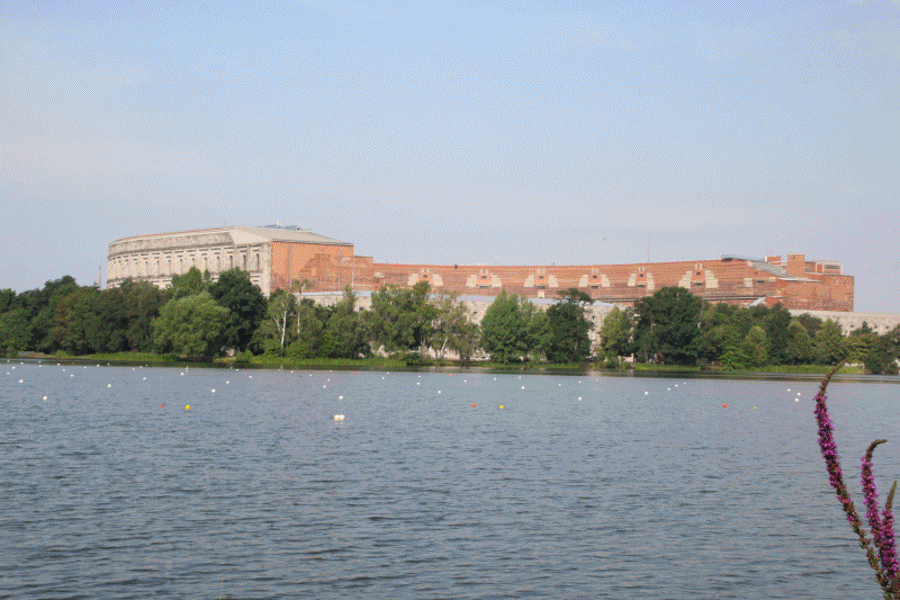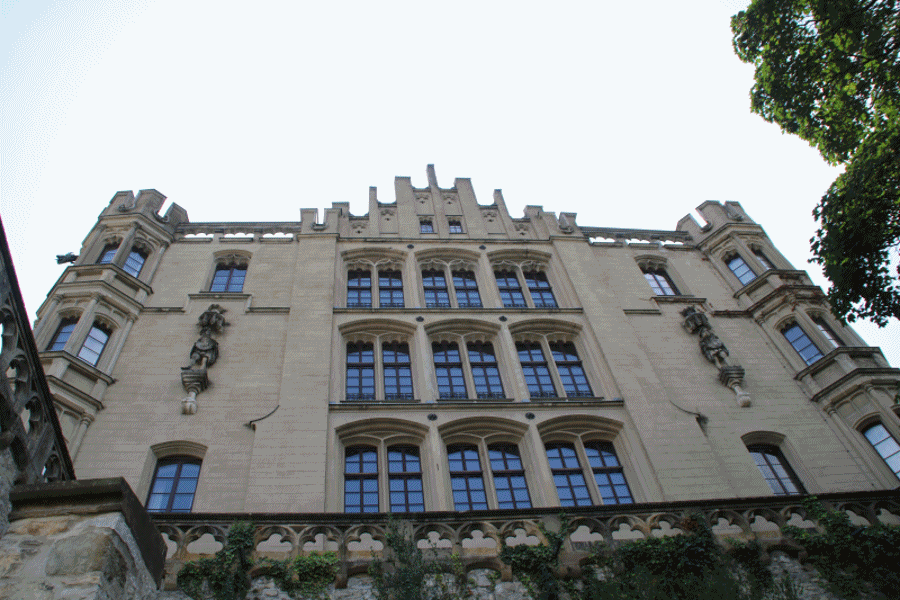Germany is an exceptional nation among the countries of the world. It is a country filled with historical icons. It is also a nation with a very turbulent history. Despite that, Germany is now a leader among the worlds nations economically. I first traveled to Germany just after the fall of the Berlin Wall in 1989. Since then I have returned to Germany several times. Our last trip was on a river cruise through the Rhine-Main-Danube rivers and canals in 2019. I love visiting this country and I look forward to returning in the future.
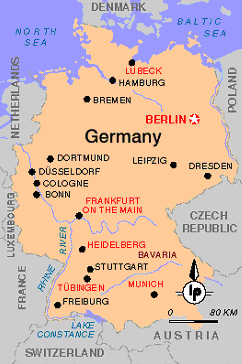 |
The country we know as Germany today was throughout history mostly an association of princely states. Following the French revolution in 1791, the German states fought against Napoleons army. After the revolutions of 1848, the first German Parliament was created. After a victory in the French-Prussian war in 1871, the German states voted to unify the country making it an economic and military powerhouse. This is the time when Germany became one of the great world powers. During the next two decades, Otto Von Bismarck dominated central European politics. When William II was crowned as Kaiser, Bismarck was ordered to step down. In 1914, at the end of World War I, when Germany was defeated, the Kaiser was deposed. The winning nations imposed the Versailles Treaty on Germany causing it significant economic hardship. Eventually this lead to the downfall of the Wiemar Republic and the rise of the Nazi's. Nazi Germany lasted for 12 horrid years (1933-1945). In spite of being resoundingly defeated, Germany's would still thrive economically, after a period of rebuilding. In 1990 the four allied powers and the 2 federal states signed an agreement in Moscow to end the rights of the allied powers in Germany. As a founding country, Germany has had a critical role in the current success of the European Union. |
  |

